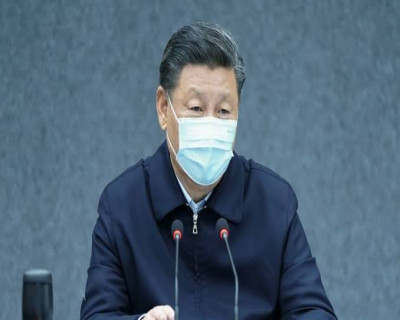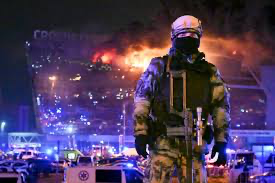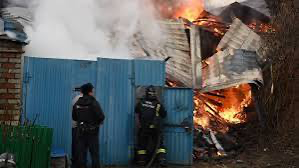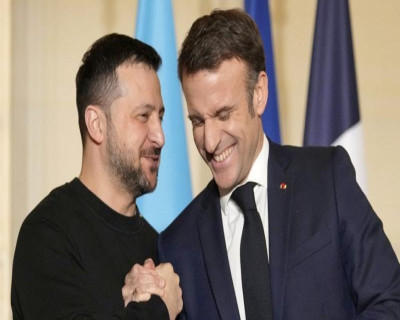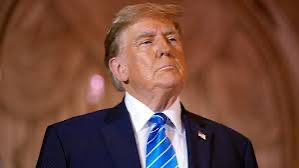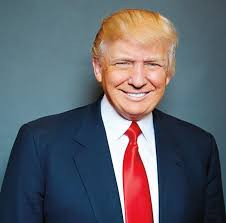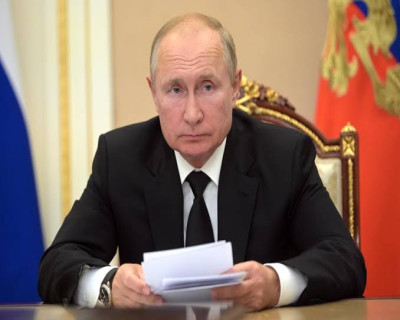Other Viral Contagion in China
By The World Post
Another viral contagion is sweeping China in the wake of the coronavirus crisis. As elsewhere, social distancing and lockdowns have fueled unprecedented online connectivity. As appreciative as they may be of the largely successful effort to contain the further spread of COVID-19 in their country, millions are lashing out on social media at the Communist Party and the government from their just-loosening sequestration. They are furious at the initial stifling of the alarm by Dr. Li Wenliang and others that enabled the epidemic to get out of control in the first place. And they are angry at the party’s attempt to construct a narrative by seeking to control what they are allowed to know despite the reality of their own experience.
As one netizen put it: “Do they see us ordinary folk as damn fools? It really is like the saying goes: They know they’re lying. They know we know they’re lying. We know they know we know they’re lying. And yet, they go on lying!” Ordinary citizens not prone to dissidence are going the distance and demanding the vaccine of free expression that will help make Chinese society immune from another such catastrophe.
By and large, the Western media is missing the story they are reporting on. Citing the broad discontent expressed on Weibo and other platforms that so annoys the authorities, they tell the old tale of the party’s penchant for cracking down on dissent, which everyone already knows. The real story is how a broad swath of the online public is using ingenious means, from reposting in the wee hours to ever-morphing hashtags, to get around the Great Firewall and escape the ubiquitous censors. Thanks to the democratization of information flows enabled by peer-to-peer digital technology, an autonomous civil society appears to be emerging outside the scope of the unitary state that has mostly characterized China for millennia. Despite efforts by the authorities, China’s hyperactive cybersphere has become the Tiananmen Square of the 21st century.
The greatest threat to the burgeoning of that autonomy at the moment is not the Chinese authorities but demagogic politics in America. Demonizing China, as President Donald Trump, Secretary of State Mike Pompeo and Republican Party strategists are doing, may well play to their electoral base in the coming election. But it will have the deleterious effect of undercutting the fragile foundations of China’s fledgling civil society.
The political virus of nationalist scapegoating introduced by America’s leaders will only mobilize its counterpart of antibodies in China, as is already happening. (The same is true, vice versa, for the U.S. when officials from China’s ministry of foreign affairs claim COVID-19 is an American biological weapon.) Hardliners in Beijing will waste little time using the leverage of American invective to turn the nationalistic ire of a public proud that their country has risen so far so fast against any internal critics. Rightfully angry netizens will be readily cast as playing into the hands of those who are preaching that their country is now a threat to the whole world.
While most other communist parties disappeared with the end of the Cold War, China’s has survived by adapting to public aspirations in order to maintain its governing legitimacy. It has transformed itself from a peasant league led by Mao to an autocratic manager of a global economic powerhouse with a middle class larger than the entire population of the U.S. The appearance of a mortal foe from the outside that aims to block China’s future prospects will short-circuit that adaptive loop. Instead of being responsive to public criticism, the party and state, and no doubt much of the public, will see any criticism as weakening the nation’s ability to defend itself against the enemy. Anyone who lived through the “love it or leave it” years of the anti-Vietnam War protests in the U.S. will recall this ugly dynamic.
If the U.S. is truly interested in the vital cooperation necessary to curb the global coronavirus pandemic and abetting the emergence of autonomous civil society in China, it is worth recalling how a mature statesman dealt with the waning days of confrontation with the Soviet Union.
In the mid-1990s just after he left the presidency, I had a chance to discuss that fateful historical period with George H. W. Bush. Along with his sober and prudent national security advisor, Brent Scowcroft, he understood Mikhail Gorbachev’s precarious hold on power as hardliners plotted against the Soviet leader and his policies of opening up.
Bush clearly grasped that it would only weaken Gorbachev and the reformers if, as leader of the enemy camp with the upper hand, he poked them in the eye on this or that troubling issue even if the trajectory of events was headed in a positive direction for Western interests. Well aware of the perilous battles within a divided elite, Bush knew Gorbachev’s hardline enemies would use any American pressure or gloating over Soviet failure against him as evidence of appeasement to U.S. demands. So, he told me, “we decided to hold back and let the internal dynamics take their course.” Restraint moved history forward.
None of this is to suggest that China will somehow evolve into a liberal democracy if the U.S. just backs off. As Singapore’s founder Lee Kuan Yew once put it, “China will not become a democracy, and it will not become an honorary member of the West.”
But it is to recognize that any opening toward freer expression and a more autonomous civil society in China will only take place if those who make it own it. Hammering from the outside never fundamentally changes any self-respecting nation, no less the Middle Kingdom with its long, unbroken civilizational legacy.
Aside from its impact within China, infecting the present crisis with the virus of nationalist scapegoating is a dangerous recipe for dragging the world into a worse predicament than it’s already in by unleashing the symmetry of hostility that ultimately leads to war. It would be a tragedy of historic proportions if those who stake their political future on punishing China as the source of the global pandemic end up being the source of an even worse calamity.
